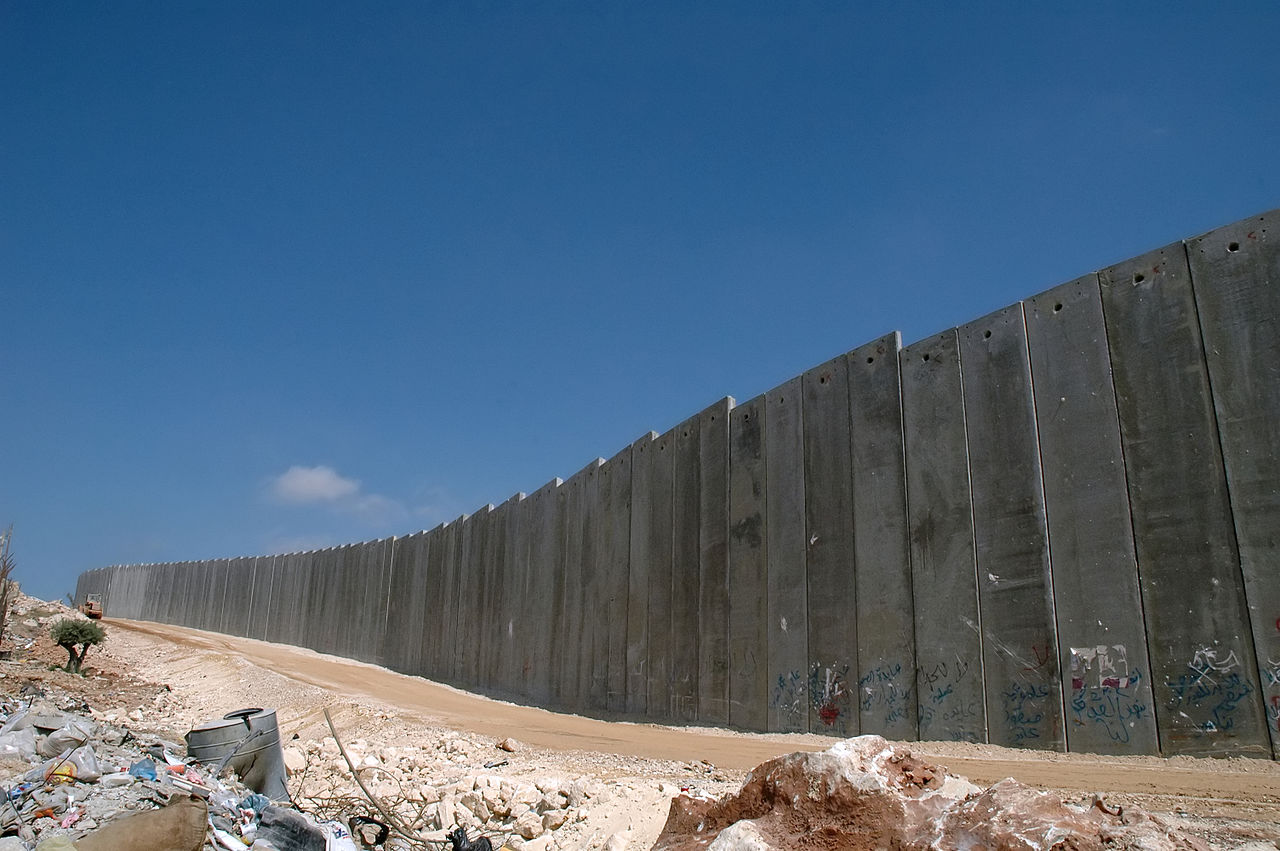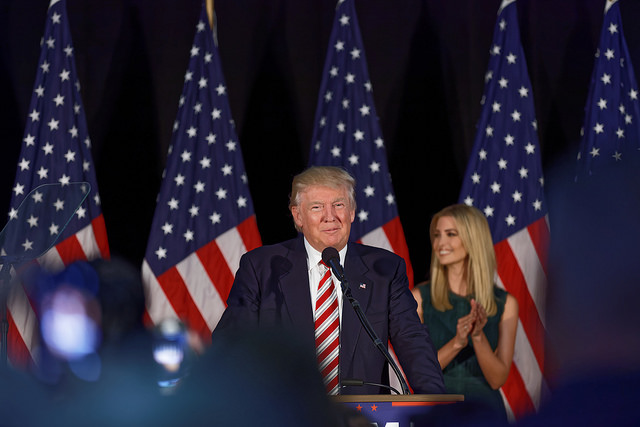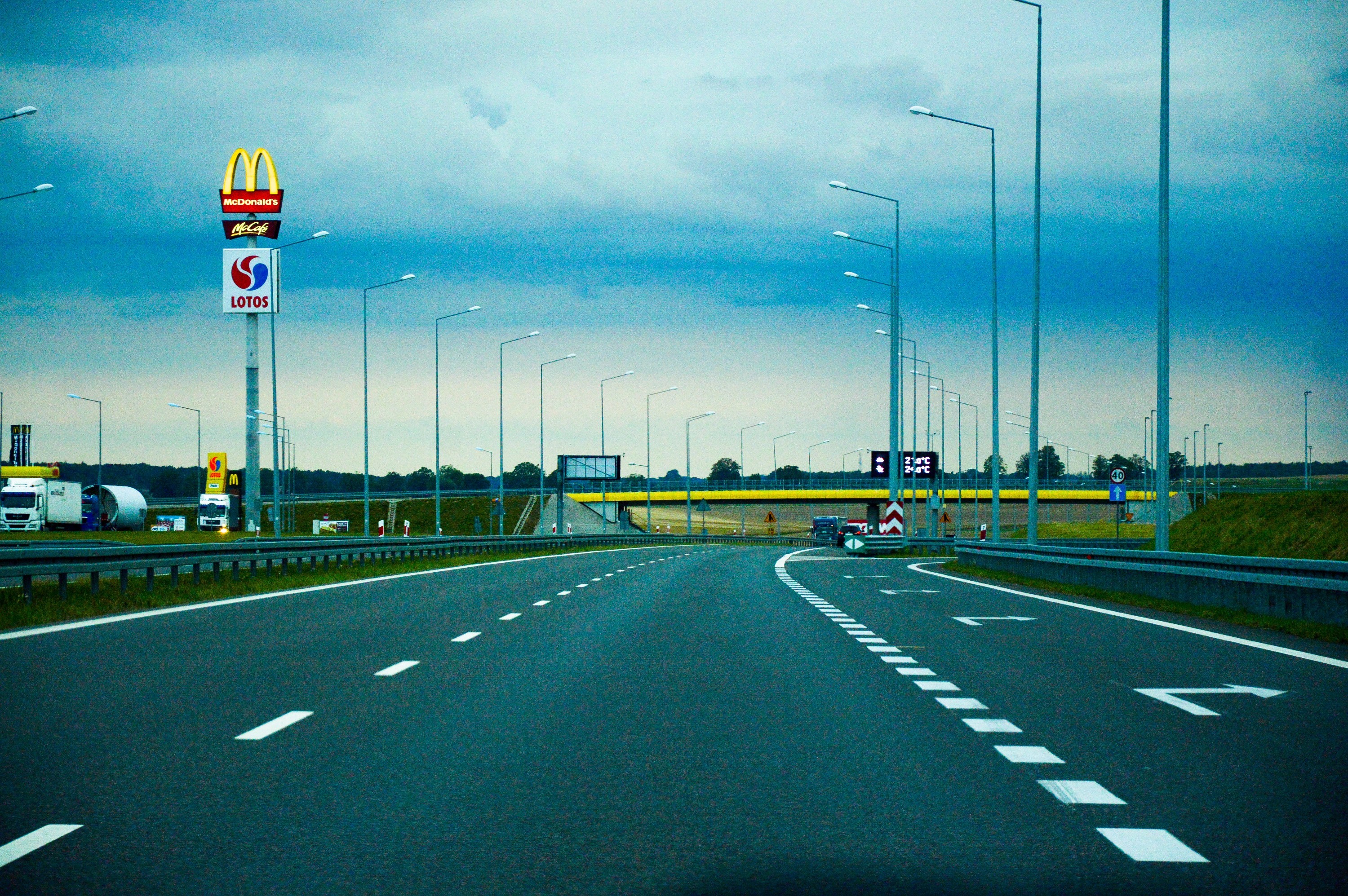25
That is the number of times the word “deal” was spoken during President Donald Trump’s press conference with Israeli Prime Minister Benjamin Netanyahu on February 15.“The United States will encourage a peace, and really a great peace deal,” Trump told reporters gathered at the White House. “We’ll be working on it very diligently. But it is the parties themselves who must directly negotiate such an agreement.”
Related article: “TRUMP TYRANNY AND THE POLITICS OF RESISTANCE“
For many analysts, this clientele tone was expected from President Trump’s interviews and speeches. The real estate mogul and author of ‘The Art of the Deal’ had often boasted of his conciliatory prowess throughout the presidential campaign and how this skill could strengthen many of America’s relations with foreign leaders. Now as the head of state, Trump must use his talent as a negotiator to navigate one of the most contentious foreign policy issues of the past 70 years: the Israeli-Palestinian conflict.
Trump’s first real test came less than a month after his inauguration when the Israeli parliament passed a bill that would allow the government to seize Palestinian land on which Jewish settlements and outposts had been built. In practice, this legislation could legalize previous settlement violations that the international community has deemed illegal.
The settlement issue and Israel’s obstinate defiance to international criticism will ultimately provide a barometer for how the Trump administration will work to promote peace and coexistence in a region that has proven to be an impasse for his predecessors and for those living in the region.
6000
is the number of settlement houses in East Jerusalem and the West Bank that the Israeli government approved for construction in January. Israeli settlements and outposts are not a new issue, although the government’s timing of the decision is striking.
On December 23, the United Nations Security Council passed Resolution 2334 reaffirming the Council’s stance that Israel’s settlements are illegal. The resolution was more significant than previous UN condemnations because it was the first time that the United States chose not to veto the measure. Under orders from the Obama administration, America’s UN representatives were instructed to abstain from the vote.
The Israeli government’s approval of the new settlements was matched a few weeks later when its parliament passed a “regularization bill” that has the power to retroactively legalize Israeli settlements and outposts that have been constructed illegally on Palestinian territory.
Against emphatic defamation from the international community, the new law was supported by Israel’s entire ruling coalition, according to The Washington Post. This included the Kulanu party whose platform is traditionally one of moderation and pragmatism. The vote’s final count was 60 in favor and 52 opposed. (Photo Below: Israeli PM Benjamin Netanyahu at an ICC conference in Jerusalem in 2012. Photo courtesy of Masa Journey Israel.)
In an Al Jazeera editorial, Prime Minister of the State of Palestine Rami Hamdallah called the new Israeli bill “land theft” and a clear violation of international law. “The building and expansion of settlements is pushing Palestinians out of the Area C, which constitutes 60 percent of the West Bank and is under full Israeli control,” Hamdallah wrote. “Settlers routinely attack or harass Palestinians living close to settlements and they also vandalize Palestinian properties in complete impunity, with the aim of forcing Palestinians to relocate to overcrowded cities outside the Area C.”
Liberal and moderate Israelis were quick to denounce the parliament’s “regularization bill,” including President Reuven Rivlin who said that the law makes the Middle Eastern nation appear as an apartheid state. In addition, the country’s attorney general, Avichai Mandelblit, said that he would not defend the law if challenged in the high courts. Mandelblit and other legal experts believe that the new law violates the Fourth Geneva Convention’s articles prohibiting a nation from transferring its civilian population into occupied territory.
The International Criminal Court is currently conducting a preliminary examination on Israel’s actions within occupied territories since June of 2013, including settlements and outposts. This process will eventually determine if there is enough evidence of wrongdoing to warrant an official investigation.
126
Israeli settlements currently exist throughout the West Bank, according to a September report from the Israeli Central Bureau of Statistics, but whether these and other settlements in East Jerusalem are legally constituted as “occupied territory” remains a controversial legal topic — one that is beyond the scope of this article. Nonetheless, Israeli settlers continue to pore into the West Bank regardless of the law or the residents they might be displacing.
According to The Washington Post, many of the 420,000 settlers in the West Bank share the ideology of the Israeli right. They maintain the belief that the West Bank and other territories were provided to the Jewish people from God as cited in the Old Testament. Other settlers moved into the region for more economical reasons, such as cheaper housing or agricultural access to the fertile Jordan Valley.
In addition to religious, historical and economic arguments condoning these settlements, the Israeli government has tried to form a legal foundation that permits its usurpation of Palestinian territory. The 2012 Levi Commission Report, for instance, rejected the notion that Israel had violated the Fourth Geneva Convention by arguing that the West Bank was never part of any Arab State. Not a single country or international body has accepted the Levi Commission Report so far.
 IN THE PHOTO: An Israeli settlement in the West Bank as seen from Bethlehem. PHOTO CREDIT: Montecruz via Flickr.
IN THE PHOTO: An Israeli settlement in the West Bank as seen from Bethlehem. PHOTO CREDIT: Montecruz via Flickr.
A Washington Post study asked 3000 Jewish adults in Israel about their political views on their government’s recent actions in the West Bank. The study found that Israelis are almost evenly split on the issue: 53 percent of participants supported settlement expansion compared to 47 percent that called for a settlement freeze. Most surprising was the study’s revelation that a slight majority, 55 percent, of right-wing participants advocated for settlement expansion even if it resulted in an increase in violence, economic reverberations and cuts in education and health funding.
“These findings suggest that Israel’s ideological right is not a radical fringe but a substantial segment of the public; nevertheless, it remains a minority,” wrote WP writers Devorah Manekin and Guy Grossman. “Ideological voters are not concentrated at the far right, as many commentators assume, but rather vote for parties across the right-wing political spectrum. Consequently, Israel’s political leadership is constrained not by its coalition partners at the far right but by voters that form its core base.”
Perhaps this explains the Israeli government’s bold legislation of late and Prime Minister Netanyahu’s steadfast support from his constituents. Nonetheless, even Netanyahu must curry favor from President Trump and his American allies.
6 Million
American Jews across the Atlantic continue to play a crucial role in Israeli-Palestinian relations through the various lobbyist groups that persistently attempt to set the course of America’s relationship with Israel.
Right-wing Zionists in particular are beginning to feel increasing momentum for their cause after President Trump remarked that he was considering a one-state solution during his February 15 press conference. “I’m looking at two-state and one-state and I like the one that both parties like,” Trump said. For decades, the US has supported a two-state solution, and Trump’s comments hint at a potentially radical shift in the country’s approach to Middle East international relations.
“We have entered a new sane, rational era in dealing with the Arab-Islamic war against Israel,” Morton Klein, president of the Zionist Organization of America, told The Guardian. “It’s remarkable that [Trump] has backed off from supporting a Palestinian state.”
Founded in 1897, the ZOA is the oldest pro-Israel group in the US and currently claims more than 25,000 members. Although conservative-leaning American Jews only account for 10 percent of the entire Jewish community, according to Pew Research, they carry significant policy influence through their ties with the GOP. For example, Jared Kushner, President’s Trump’s son-in-law and Middle East advisor, identifies as an Orthodox Jew.
The ZOA and other proponents of a one-state solution are also supported by a plurality of the 80 million Christian evangelicals residing in the US. Pew found that within this demographic, twice as many white evangelical Protestants than Jews believe that God bestowed Israel to the Jewish people.
Christians United for Israel, the largest pro-Israel group in the country, recently stole a page from the NRA and has now started ranking members of Congress by their voting record, The Guardian reported. CUFI Director David Brog told The Guardian that its members are “skeptical of the two-state solution.”
Critics of the one-state solution argue that if such a country were established, Arab and Palestinian populations would outnumber Jewish residents. This, in turn, would result in Israel losing its identity as a Jewish-state. Others contend that a one-state solution sets the stage for an apartheid system where Arabs and Palestinians are denied civil liberties, such as voting or representation in government.
“If the choice is one state, Israel can either be Jewish or democratic,” former Secretary of State John Kerry said in December. “It cannot be both. And it won’t ever really be at peace.”
In his interview with The Guardian, Klein rejected the validity of Kerry’s argument, calling it “one of the great propaganda myths.” He suggested that Arabs and Palestinians could continue living autonomously under Israeli security and that residents in the West Bank may become Jordanian citizens.
IN THE PHOTO: Donald Trump and his daughter Ivanka at a campaign rally in Aston, PE in 2016. Trump’s son-in-law and Middle East advisor, Jared Kushner, identifies as an Orthodox Jew. PHOTO CREDIT: Michael V. via Flickr.
Nine
buildings in an Israeli settlement became a battleground between Israeli police and hundreds of right-wing protestors on February 28, Reuters reported. After the Israeli Supreme Court ordered the demolition of these nine houses for being illegally constructed on Palestinian land, opponents to the ruling flocked to Ofra, home to 3000 residents, to demonstrate against what they saw as government appeasement.
“We feel that this is not right at all, what’s being done here: the destruction of these homes in the center of a Jewish town, in the center of a populated town that was established legally 42 years ago,” said Eliana Passentin, a spokeswoman for the settlement’s regional council.
Palestinians can claim victory after the Ofra incident, which forecasts their best chance for success in the near future. As it now stands, the Israeli courts remain the only hope that the Palestinians have if they are to ward off the waves of Israeli settlers and their ideological supporters.
Unless the ICC launches an investigation into Israel’s role in the settlement issue or President Trump reverses course — something that isn’t far-fetched given his temperament — the Palestinians will have to defend their ancient claims through the court system and hope that new laws fail to pass through parliament, or if they are, that these are ignored by the executive branch.
Recommended reading: “THE VARIED ROADS FROM CENTRAL ASIA TO THE ISLAMIC STATE“













